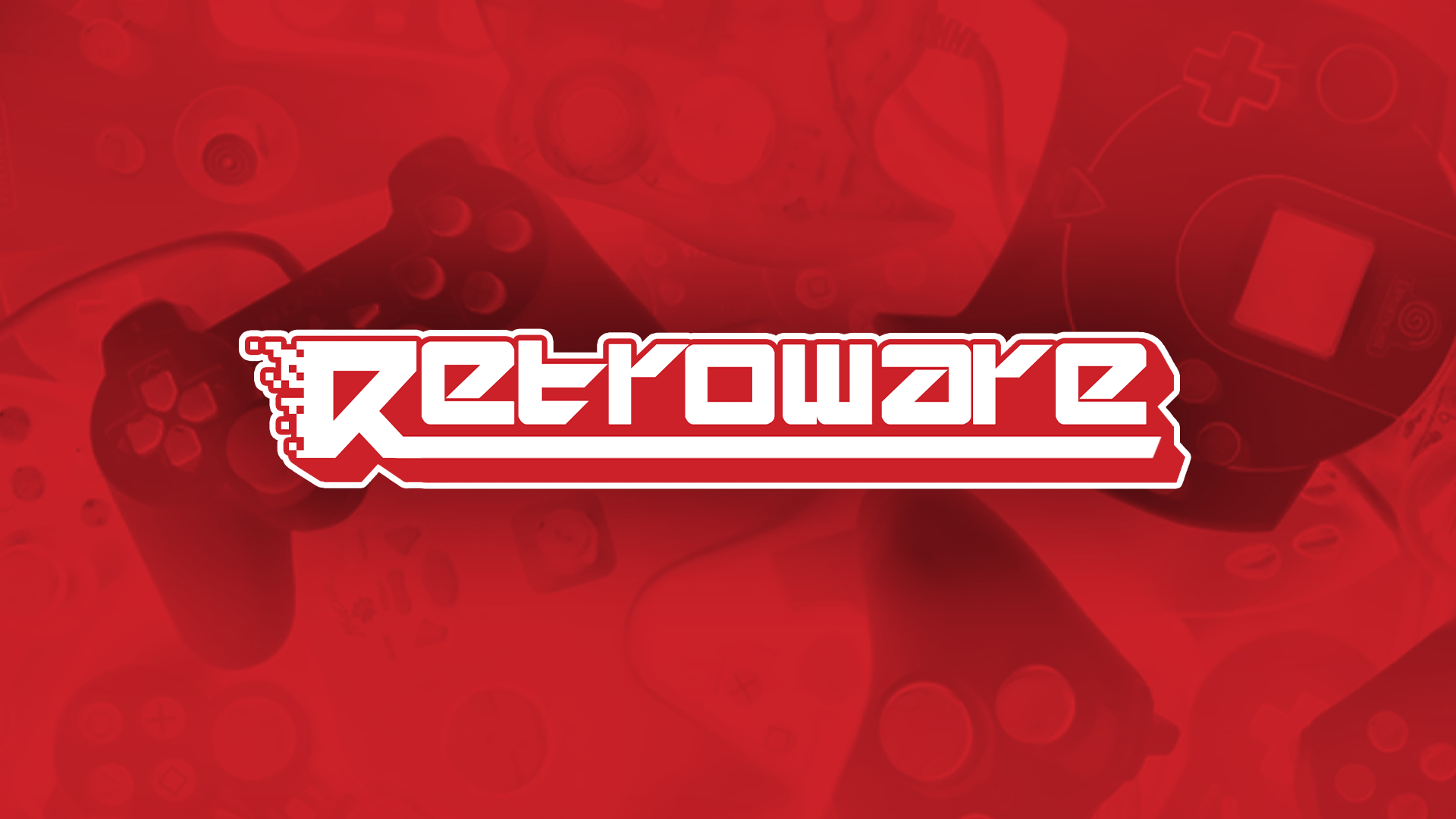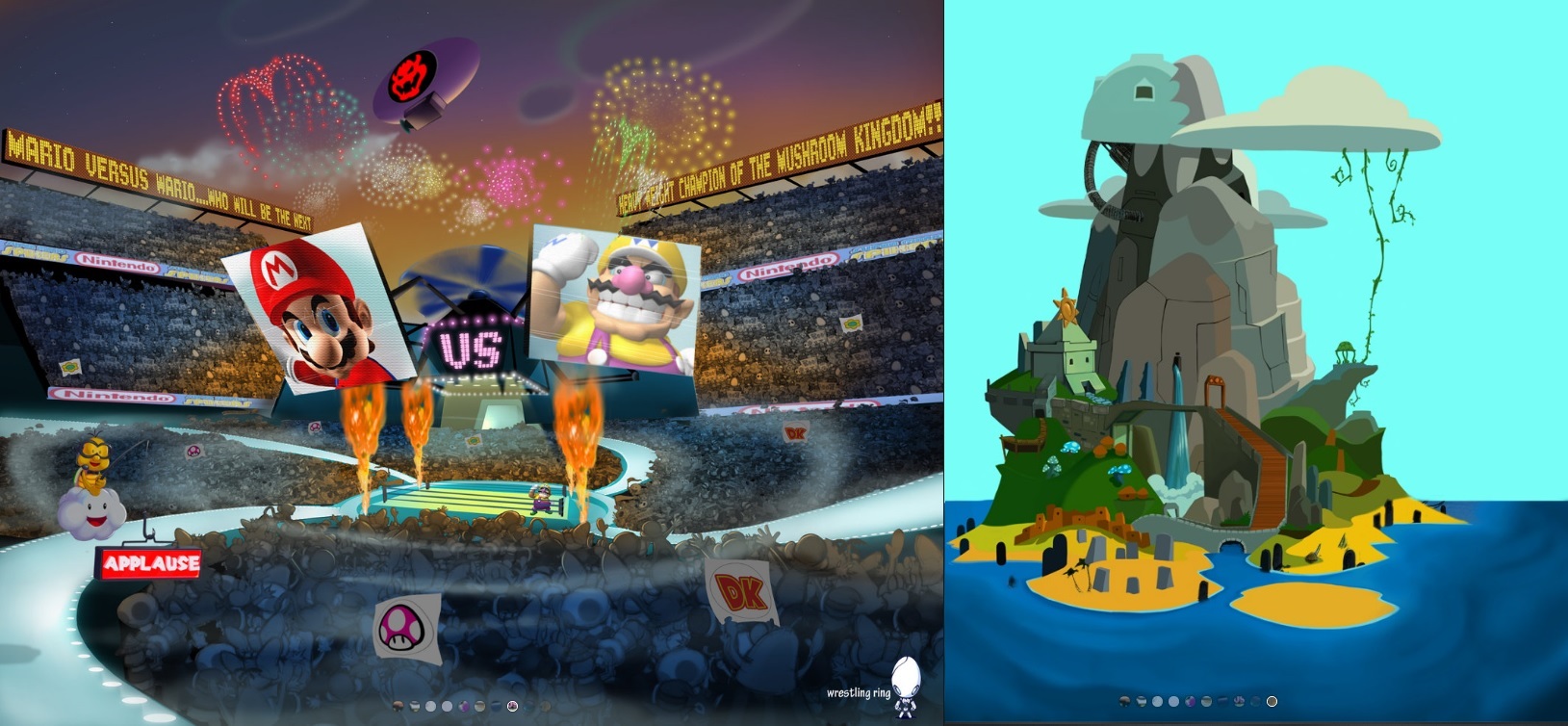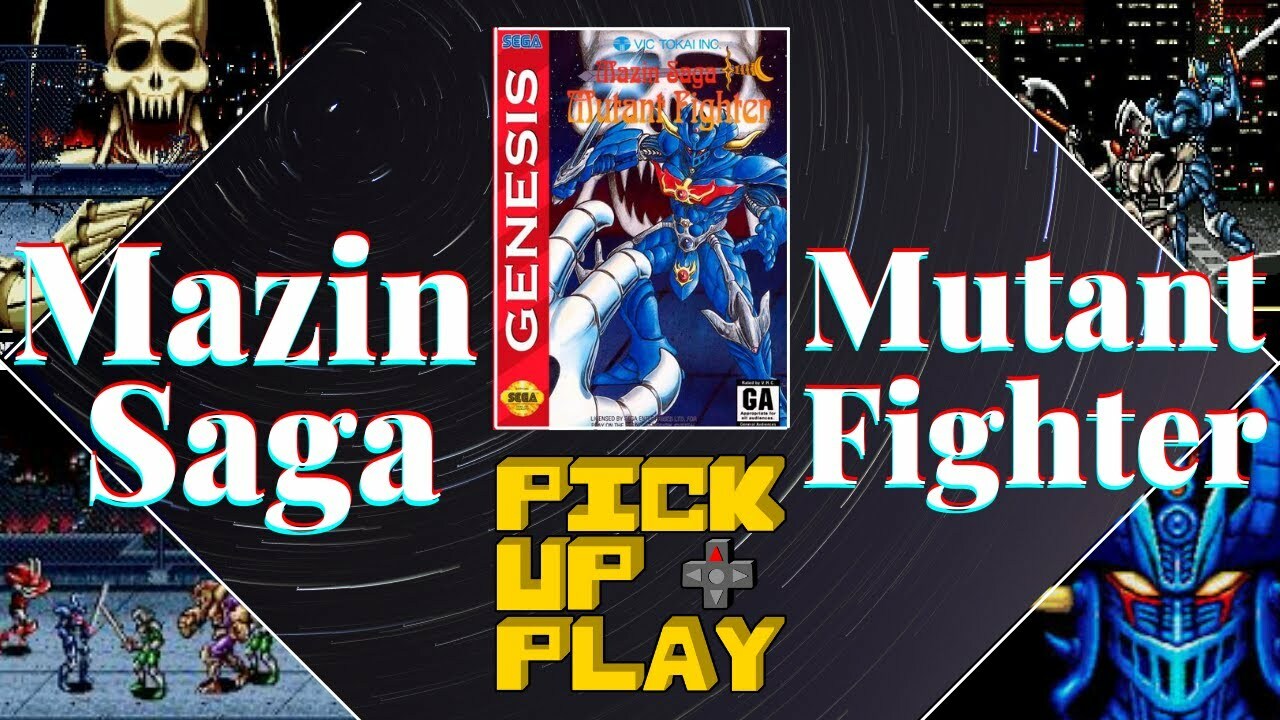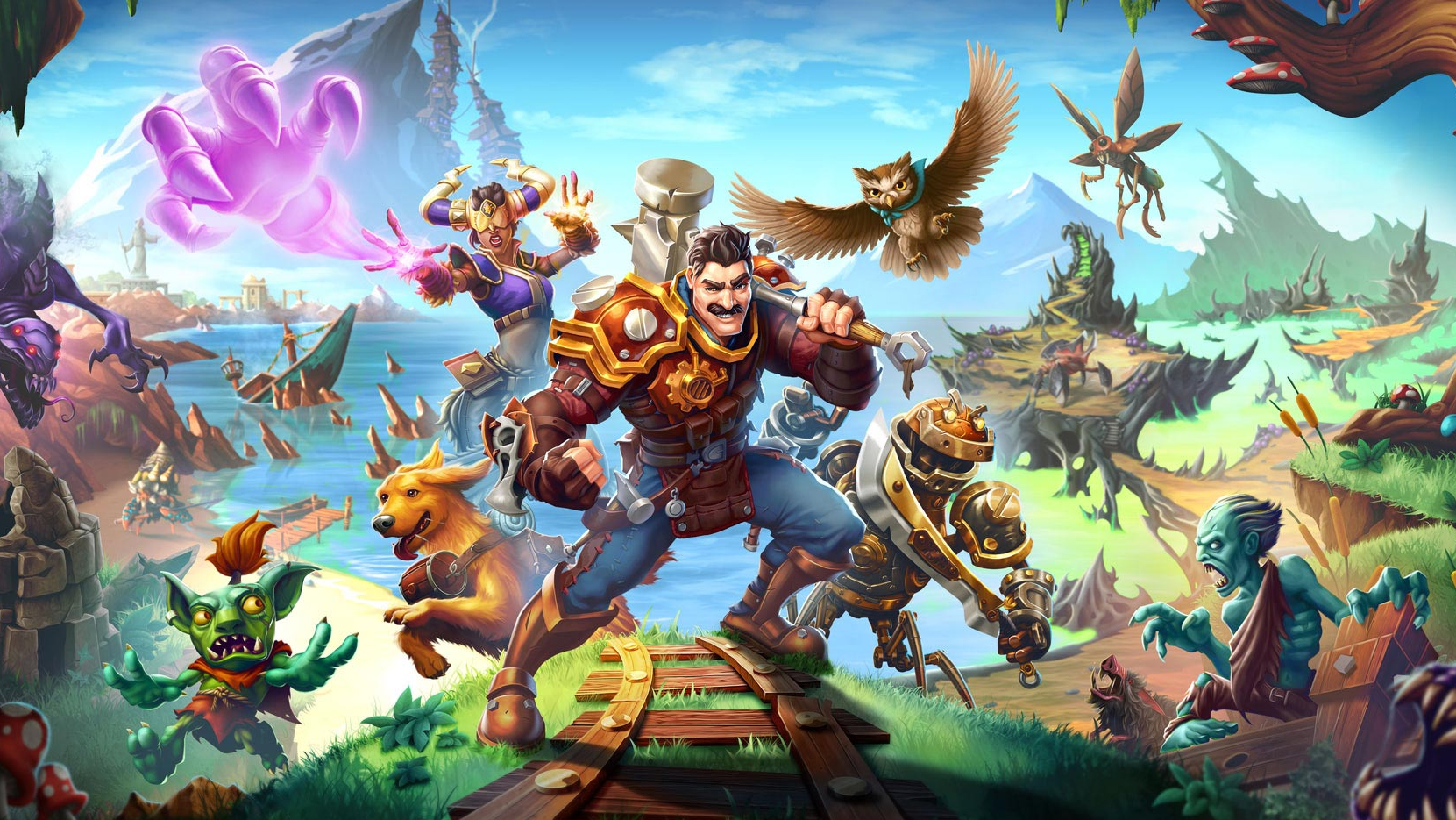Share
This may be an indie developer’s idea of a Lovecraftian nightmare—a licensing company that not only breaches a contract, but attempts to collect profit through a pirated version of a team’s efforts. For Ukrainian company Frogwares Studio, it has unfortunately become the reality behind The Sinking City. Initially released on June 27, 2019, The Sinking City is an adventure/survival horror game inspired by H.P Lovecraft’s fiction. The detective game features open-world exploration with outcomes determined by how well the player searches for evidence. However, Frogwares released their own collection of clues to the public recently—evidence accusing French-company Nacon of several breaches of contract, most recent being illegally uploading a pirated copy of The Sinking City to Steam.
A CONTRACTUAL HORROR
Nacon has caused a slew of legal headaches for the team at Frogwares for quite some time. Issues between the two parties began, as detailed in “The Sinking City is Being Delisted. Here’s Why,” two years into the production of the game—their relationship becoming heated once The Sinking City released. The original agreement between Nacon and Frogwares, as claimed by Frogwares, stated “in exchange for financial contribution to development, Nacon [has] the right to sell and commercialize the game on four platforms—Xbox One, PS4, Steam, and later Epic Games Store [with] intellectual property still belonging to Frogwares.” The team accuses Nacon of sending “payments on average…40 days late…” with the company’s “lack of commitment to honor the financial obligations” creating tension between the two. During this time, the Nacon acquisition of a competing studio developing their own Lovecraftian horror led to demands that Frogwares hand over the “source code for The Sinking City” despite Nacon not owning the IP.
Naturally Frogwares refused to comply as Nacon refused to pay Frogwares according to the terms of their mutual contract, additionally keeping the developer uninformed about forecasts. This directly infringed upon Frogwares’ ability to operate as a company, as Nacon soon canceled their contract after the launch of The Sinking City. Only when a lawsuit was filed in August 2019 did Nacon meekly comply, providing Frogwares with incomplete reports. Alleged further in this post, Nacon also bought domain names using Frogwares’ IP and also approved the creation and distribution of a tabletop The Sinking City without notification.
In February 2020, Nacon first attempted to upload a pirated copy of the game, leading to Frogwares’ termination of their contract. Using the global pandemic as a crutch, Nacon then argued “that the contract cannot be terminated because of the emergency laws in France…” At the time of the August 25, 2020 blog post, Nacon owed Frogwares over 1 million euros, forcing the indie developer in a last ditch effort to pull The Sinking City from stores on July 17, 2020 to prevent any further unauthorized profit.
BUT THAT’S NOT ALL!
On February 26, 2021, Frogwares posted an alarming disclaimer on their social media and a since removed Steam page. “Frogwares has not created the version of @thesinkingcity that is today on sale on @Steam. We do not recommend the purchase of this version. More news soon.”
A few days later, Sergey Oganesyan, Frogwares’ marketing director, released a follow-up post to the company’s blog concerning their warning, titled “How Nacon Cracked and Pirated The Sinking City” with an accompanying nine-minute YouTube video over viewing the lengths that Nacon went through to crack, hack, “and illegally upload the game to Steam on Feb 26, 2021 in order to commercialize…under their own name [Nacon] without Frogwares’ knowledge.” This was besides two previous attempts to do the same.
In both the post and the below YouTube video, Frogwares further claims that Nacon purchased a version of The Sinking City on site Gamesplanet and uploaded a changed version to Steam as a certified release. This purchased version was cracked, hacked, and illegally pirated with the purpose of Nacon receiving commerce through their name. The video, and the blog, go into painstaking detail to prove that the version available for purchase on Feb 26, 2021 is in fact a pirated copy.
Frogwares alleges Nacon cracked the game “using a secret encryption, [going] through the configuration files [to] modify them… adding… sound files…” to then later reconstruct The Sinking City. To uncover Nacon’s methods, Frogwares downloaded the pirated version from Steam and discovered the responsible party at Nacon actually used Frogwares’ own encryption key to hack into it. “The hackers didn’t even care to use a different encryption key than the one we created…” states the YouTube video. “To be clear, this is hacking and when hacking has the purpose to steal a product of make money with it…it’s called piracy…”
The evidence against Nacon is strong, as Frogwares continued their inquiry by uncovering the uploaders’ name, Filip Hautekeete, Director at Neopica. The publisher put two and two together and realized that with Hautekeete’s 20 years of experience, the effort to compile a game is most definitely in his wheelhouse. Further, Nacon absorbed Neopica under their corporate umbrella in October 2020. Both the video and the March 1, 2021 post present visual examples of the following—a small fraction of the evidence concerning Nacon’s piracy of The Sinking City:
- The Nacon Logo has now replaced the Gamesplanet logo; an official Frogwares licensee.
- The loading screen is different; once again the Gamesplanet logo is removed.
- When on the main menu:
- The advertisement for Sherlock Holmes Chapter One is not present on the lower left screen,
- The mention of the distribution platform on the lower right screen is also absent.
- The “more games” menu option is not present.
- The folder names and structure is identical to any of Frogwares versions (Gamesplanet; EA origins, Etc…
- The executable has a similar name but is of a different size than any of Frogwares own versions implying modification of the file.
- The packages are 17Gb, this size corresponds to the versions created around summer 2020 when the game was switched to a new compressing method to reduce the game size for download purposes. Before this date the only available PC version – on the Epic Game Store – was around 30Gb in size.
Frogwares reflects on this cosmic nightmare best: “It is a shame that in such a creative industry there is so much energy wasted because of such practices… We hope that this transparency will help everyone to be aware of what is really going on behind the scenes. We only have one goal: helping to banish bad practices by speaking freely about them, instead of remaining subject to the code of silence. We know that we are not the only ones in this situation. This is our way to help the video game industry become more ethical.”
Something, as video game enthusiasts, we can all agree on.






